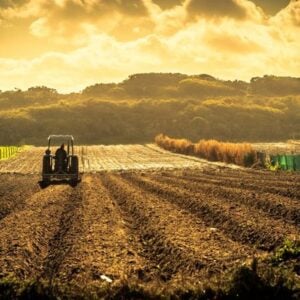In a significant display of solidarity, over 56 countries from the Global South came together virtually for the ISSCA-RIS high-level conference focused on strengthening agricultural resilience. The event aimed to promote the exchange of climate-resilient, homegrown agricultural solutions among nations facing common challenges such as climate change, soil degradation, and food insecurity. This collective effort underscores the importance of South-South cooperation in tackling complex, shared global issues.
The conference was co-hosted by the ICRISAT Centre of Excellence for South-South Cooperation in Agriculture (ISSCA) and DAKSHIN – the Global South Centre of Excellence at the Research and Information System for Developing Countries (RIS). It was part of India’s Development and Knowledge Sharing Initiative, which promotes regional collaboration in agriculture through inclusive and innovative practices.
The forum featured agricultural researchers, policymakers, scientists, farmer organizations, and development institutions. Leaders such as RIS Director General Professor Sachin Chaturvedi and ICRISAT Director General Dr. Himanshu Pathak highlighted the South’s wealth of indigenous knowledge, proven technologies, and context-specific development models. A central feature of the event was the presentation of the ISSCA Knowledge Portal—launched in Delhi in June 2025—now offering more than 85 scalable, science-based agricultural innovations.
Participants explored five key thematic areas: natural resource management, crop and livestock production, digital agriculture, and agribusiness systems. Through regional dialogues, stakeholders aligned on policy, co-development strategies, and technology needs tailored to their specific geographies and challenges. The ISSCA platform was positioned as a flagship hub for sourcing agricultural innovations suited to diverse agroecological contexts.
The conference concluded with strong endorsements for ISSCA as a neutral and inclusive platform for scaling Southern-led innovation. Countries committed to piloting collaborative projects across regions, while others expressed interest in joining ISSCA’s regional hubs in Africa and Latin America. The overarching message was that agricultural resilience must be built through shared ownership, tailored approaches, and regional partnerships rather than imported solutions.
Looking ahead, ISSCA will channel these outcomes into upcoming policy dialogues and expand its knowledge-sharing efforts. By continuing to strengthen its innovation portal, ISSCA aims to bridge the gap between proven solutions and practical impact, reinforcing its mission to empower the Global South through cooperation, knowledge exchange, and agricultural resilience.







